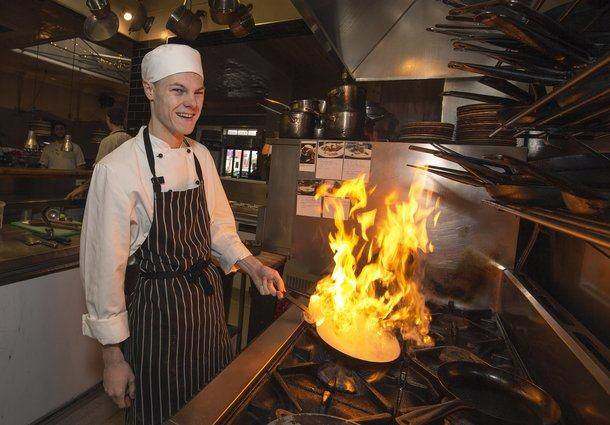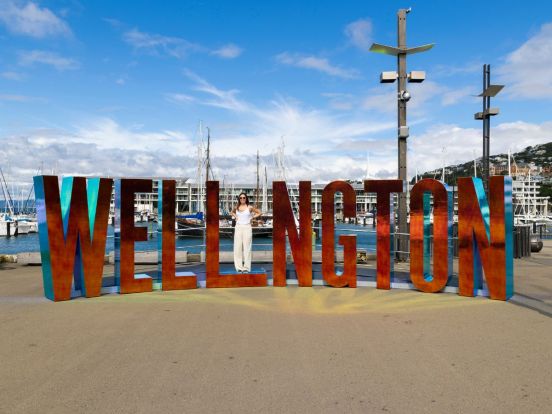
New Zealand’s hospitality industry is crying out for appropriately trained and skilled workers and the Waikato Institute of Technology (Wintec) has developed a work-based learning programme to address this.
A recent Tourism Industry Association report estimated that a further 47,000 employees, including 6213 chefs, are required in the tourism industry by 2025 to meet the demand being driven up by visitors to New Zealand. With that in mind, Wintec’s Centre for Hospitality has partnered with some of Hamilton’s top hospitality employers to provide students with on-the-job experience over a four-week work experience placement. Wintec hospitality tutor Marco Guimaraes, who coordinates the programme alongside chef tutor Amy Opperman, said the initiative was created to bridge the gap between tertiary study and the hospitality industry. He added qualifications in hospitality and cookery both feature on the government’s Long Term Skill Shortage list and there is a need for graduates who are work ready. “It’s all about giving students the opportunity to fine-tune the skills they have gained at Wintec while experiencing the real world workplace and for these partner-employers to be able to contribute to the development of a future skilled hospitality workforce.”
The programme is unpaid and voluntary for students, and open to those studying culinary arts (cookery) and restaurant and barista service. Once the students have indicated their interest in participating Wintec then works with the employers to find the best fit for both them and the student, after which interviews are conducted and any successful placements are locked in.
Marco says it was hoped the programme would help students find employment – either directly through it or as a result of the experience gained. One student who was lucky enough to secure work following his placement at Phoenix Group’s Iguana restaurant is Robbie Moore. Robbie, 19, started cooking about five years ago and took up cooking class at high school before enrolling in the Certificate in Cookery at Wintec. He said the work-based learning programme had enabled him to get his foot in the door of the hospitality industry. “Coming straight into a big business is going to prepare me for bigger things. When I came here I felt like a chef, not just a student.” Iguana’s general manager Paul Hollister said the programme was invaluable in preparing the students for the industry: “one of the main benefits is getting the opportunity to see people that are in their studies and how they react to a real life environment. One of the biggest challenges a potential hospitality student might face is the transition from the tertiary education life to the pace of a real life hospitality environment.”
Marco says it is a real bonus if students are offered a job at the end, but it wasn’t the sole purpose. “They’ll still come away with the experience and a really detailed reference letter. We are hoping this initiative will help to break the ‘no experience, no job’ cycle which can often occur out in the work-force.”
Wintec and the employer keep in regular contact throughout the placement, which sees the student spend a maximum of two days per week with the employer, to discuss the student’s progress and any areas which they need to work on. The programme kicked off in 2015 with one employer partner and it has since grown to include seven of Hamilton’s top hospitality providers, including Phoenix Group, Gothenburg and Mavis and Co.








